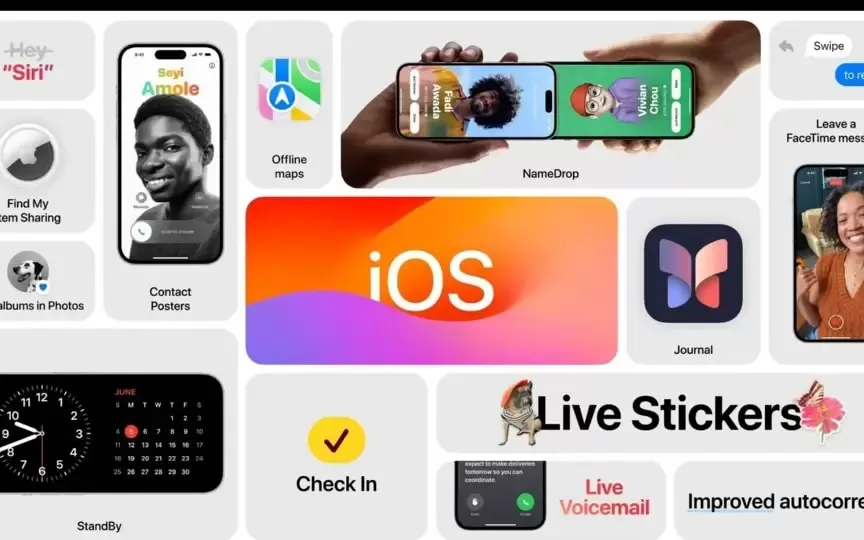Apple Imposing Restrictions on ‘Fingerprinting’ with New App Store API Regulations
Apple plans to take action against Apps that engage in “fingerprinting” by collecting data on users’ devices to track them. An article on Apple’s developer site, discovered by 9to5Mac, reveals that the crackdown will begin with the launch of iOS 17, tvOS 17, watchOS 10, and macOS Sonoma. Developers will be obligated to provide an explanation for their use of “required reason APIs,” and any Apps that fail to do so adequately will face rejection starting in spring 2024.
“Some APIs… can be misused to identify a device or user, also known as fingerprinting. Whether or not the user gives your app permission to track, fingerprinting is not allowed,” Apple wrote. . “In order to prevent the misuse of certain APIs that can be used to collect data from users’ devices using fingerprints, you must disclose the reasons for using these APIs in your application’s privacy statement.”
The new rules could increase the number of app rejections, some developers told 9to5Mac. For example, an API called UserDefaults falls into the “must cause” category, but because it stores user preferences, many applications use it. At the same time, it sounds like Apple basically has to take the developer’s word for the reason. However, if they turn out to be false, there would certainly be a paper trail for possible penalties.
Fingerprint apps can use API calls to retrieve information about your smartphone or computer, such as screen resolution, model, operating system, and more. It can then take all this information and create a unique “fingerprint” so it can identify you when you go to other apps or websites.
Apple practically declared war on tracking when it released iOS 14.5 in 2021 and required developers to ask users for permission before tracking. Since the feature’s arrival, only 4 percent of US iPhone users have consented to app tracking. Now it’s trying to put an end to fingerprinting (also called canvas fingerprinting), which first appeared in the digital zeitgeist a decade ago. In 2018, Apple said it was addressing fingerprinting in macOS by limiting the data websites can access with its Safari browser, and now it’s addressing the issue with apps as well.



